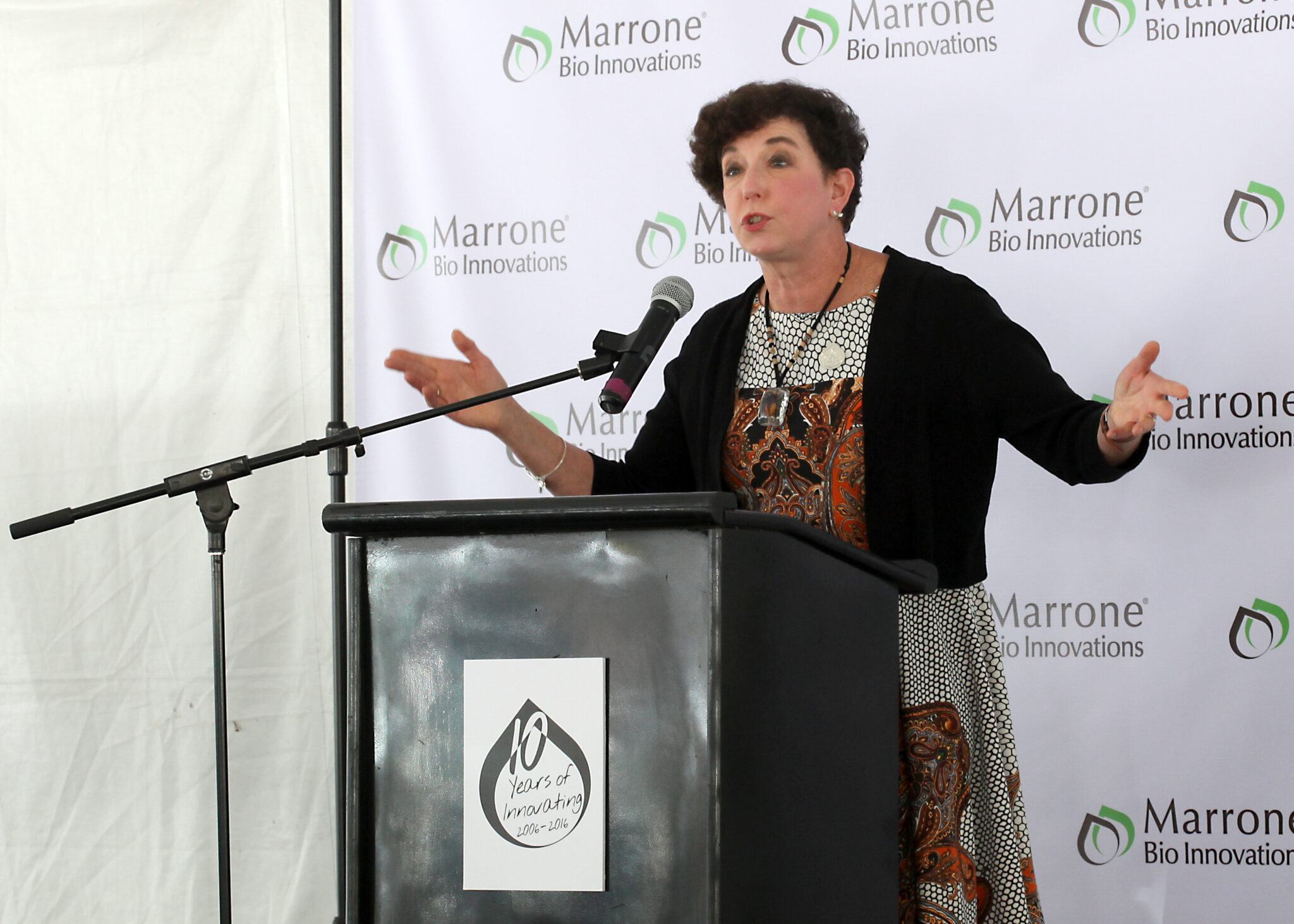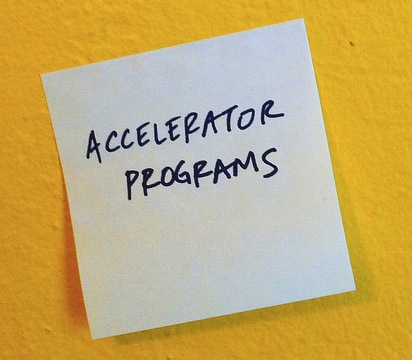
Serial entrepreneur Pam Marrone has traveled a variety of paths in her various startup journeys in the world of biological agriculture. Her first startup, Entotech, was a biopesticide company funded by Danish company Novo Nordisk. Marrone’s second startup, AgraQuest, was acquired by Bayer Crop Science for nearly $500 million. And, her third startup, ag-tech company Marrone Bio went public in 2013 and was recently acquired for $236 million earlier this year.
“I’ve done it all,” Marrone says. “I’ve raised angel money and then VC money. I got money from customers. I literally looked everywhere, starting with initial friends and family in my office.”
Marrone is one of only 32 women founders to have taken her company public. Today, she advises other startup founders in the bio-ag sector. And in October, she provided her journey in food sustainability at fnSummit 2022, Founders Network’s 7th annual fall conference.
Marrone is a pioneer and thought leader in agriculture. In her keynote, she will discuss how agriculture is changing rapidly to meet today’s expectations for carbon footprint reduction and food sustainability, along with consumer demands for transparency and sustainability in the way we produce food.
Here’s a sneak peak of Marrone’s startup journey and advice for other startup founders.
To learn more about the journey to food sustainability check out the webinar from October 14 or explore our entire event video library
Nothing Personal
Marrone has experienced a lot of setbacks in her 30+ years in food sustainability. However, the biggest challenge was when she discovered her head of sales was doing side deals with customers without telling auditors, which could have been a company killer for a small public company.
“I engaged a personal executive coach, because I was either going to get fired and lose the company, or I was going to be able to restructure the company and stay,” Marrone says. “That executive coach really helped me understand that I was taking things too personally, and to take a step back and really look at it like a chessboard. Instead of taking it personally, I was able to maybe be more strategic. I hate politics. Most founders do. But I had to be more strategic, be more political to do what I needed to do to save the company.”
Prioritize People
According to Marrone, the old saying, “hire slowly but fire fast” is definitely true. She says the biggest threat to a company’s success and growth are people who want to move the culture into a different direction. To rectify the situation with her head of sales, Marrone worked with her chief financial officer and board to restructure the company and get things back on track.
“The lesson from that is, it’s really important who you bring into the company,” Marrone says. “Who you bring in as your investors, your employees, and your board members is the most important thing. Those who come from big companies that are already set up, they’ve likely not been through challenges and things that a startup has been through. So, it really comes down to people and do those people share your values, which affects the culture of a company.”
Funding Options
Due to the nature of the sector Marrone operates in, she wasn’t able to bootstrap her company from start to finish. However, that’s exactly what she recommends tech startup founders should do. In her work with founders today she says her mentees are often concerned about working with the wrong investors and getting forced out of the companies they’ve built.
“Since I’m in a regulated industry that requires multi-millions to develop a product, I didn’t have the luxury of bootstrapping,” Marrone says. “I would highly recommend a company bootstrap as long as they can to avoid venture capital. If you can bootstrap, that is best, because having investors and taking other people’s money, especially venture capitalists, really changes the dynamics of the company. It’s important to pick VCs who are founder friendly.”
In her keynote Marrone covered:
- How to continuously monitor, manage and tweak company culture
- Why you should work with partners who are aligned with your mission, vision and values
- The value of raising more money than you think you’ll need
- Factors to consider before going public
fnSummit 2022 encapsulates the Founders Network experience, giving startup founders the opportunity to learn from other tech founders in the startup ecosystem, build deep relationships with investors, and uncover solutions to the challenges they’re facing. The annual event provides the perfect setting for off the record discussion, reflection, and networking.
You don’t have to be a member to attend, but if you’re a qualified founder, this is a great experience to meet and learn from other FN members.
To learn more about the journey to food sustainability, see if you qualify for membership and check out the webinar from October 14.






